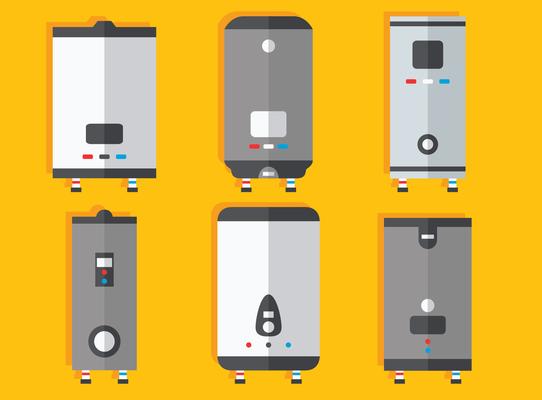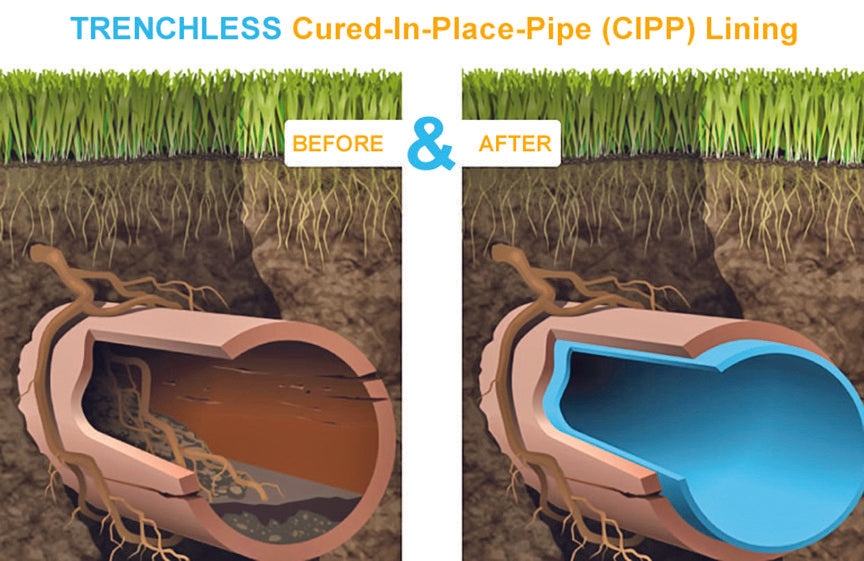Water heaters are indispensable household appliances that ensure a steady supply of hot water for daily activities: bathing, cooking, and cleaning. However, many homeowners have questions about their water heaters. To help you make informed decisions, we at Smart Plumbers have compiled some of the most frequently asked questions about water heaters surrounding various topics; from maintenance and efficiency to lifespan and replacement, our detailed answers are here to help.
-
How Long Do Water Heaters Typically Last?
The lifespan of a water heater varies based on the type of unit and how well it is maintained. Conventional storage tank water heaters usually last between 8 to 12 years. Conversely, tankless water heaters, also known as on-demand water heaters, can function efficiently for up to 20 years with proper maintenance.
It is important to note that factors such as water quality, frequency of inspection and maintenance, and overall water heater usage patterns all impact longevity.
-
What Are the Signs That My Water Heater Needs to be Replaced?
Recognizing the warning signs of a failing water heater can help prevent costly repairs and potential water damage–which in turn can be harmful to you. Some indicators that your water heater may need replacing include:
- Inconsistent Water Temperature: If your water alternates between hot and cold unexpectedly, it could indicate a failing heating element or sediment buildup.
- Rust-Colored or Murky Water: Corrosion inside the tank can lead to discolored water, which may suggest an impending tank failure.
- Strange Noises: While some noise is assumed for all water heaters, popping, rumbling, or banging noises are unusual and can indicate sediment accumulation–which reduces overall heating efficiency.
- Water Leakage: Visible leaks around the base of the water heater often signal internal tank failure and require immediate attention.
- Higher Energy Bills: A declining water heater may work less efficiently, resulting in an increase in energy consumption for the household.
-
What is the Difference Between a Tank and a Tankless Water Heater?
A storage tank water heater maintains a reserve of hot water that replenishes as it is used over time, while a tankless water heater heats water on demand and only when it is needed. Here are the key differences:
- Tank Water Heaters: Tank water heaters are generally more affordable upfront but use more energy as they constantly heat water, leading to higher utility costs over time.
- Tankless Water Heaters: Tankless water heaters provide an endless supply of hot water on demand, are more energy-efficient, and have a longer lifespan. However, they require a higher initial investment.
-
How Can I Improve the Efficiency of My Water Heater?
Improving your water heater’s efficiency can help reduce energy consumption and lower utility bills. Consider the following tips:
- Flush the Tank Annually: Regularly removing sediment buildup prevents blockages and maintains heating efficiency.
- Insulate the Tank and Pipes: Reducing heat loss helps your water heater retain warmth more efficiently, eliminating time and energy that the water heater would be used to heat up any water.
- Lower the Thermostat: Setting the temperature to 120°F minimizes energy waste while preventing scalding.
- Fix Leaks Promptly: Even small leaks can lead to water loss and increased utility bills. Hence, it is important to address any leakage regardless of its size!
-
Is it Normal for My Water Heater to Make Noise?
While some operational noise is to be expected with any water heater, excessive rumbling, popping, or banging sounds often indicate sediment buildup in the tank. Over time, mineral deposits harden and interfere with heating efficiency.
Flushing the tank annually can mitigate this issue.
In tankless models, loud noises may indicate scale accumulation in the heat exchanger, requiring descaling or maintenance.
-
How Often Should I Flush My Water Heater?
For conventional tank water heaters, flushing should be done at least once a year to prevent sediment buildup, which can conversely reduce efficiency and shorten the unit’s lifespan. However, if you live in an area with hard water, flushing every 6 months may be necessary.
On the other hand, tankless water heaters should be descaled annually to remove mineral deposits, especially in regions with high mineral content in the local water supply.
-
Can I Install a Water Heater Myself?
Although some homeowners with plumbing experience may attempt a DIY installation, it is generally recommended to hire a licensed plumber. Water heater installation involves electrical or gas connections, plumbing modifications, and adherence to local building codes. Improper installations can results in gas leaks, carbon monoxide hazards, water damage, and voiding of the manufacturer's warranty.
-
What Size Water Heater Do I Need?
The size of your water heater depends on your household's hot water demand. Refer to these general guidelines for water heater sizing:
For storage tank water heaters:
Number of People Within Household
Water Heater Type (Gal)
1-2
30-40 gallons
3-4
40-50 gallons
5+
50-80 gallons
For tankless water heaters: Look for a unit with a flow rate that meets your peak demand (e.g. 5 GPM unit for simultaneous use of two showers and a sink).
-
What Should I Do if My Water Heater is Leaking?
If you notice a leak, follow these steps:
1. Turn off the Power– For electric heaters, switch off the circuit breaker; for gas models, set the gas control valve to “Off.”
2. Shut Off the Water Supply–Locate the cold-water shut-off valve and turn it off to prevent further leakage.
3. Drain the Tank (if necessary) – If the leak is severe, attach a hose to the drain valve and direct the water outside or into a drain.
4. Call a Professional Plumber–A plumber can assess the cause and recommend repairs or a replacement if needed.
-
Are There Energy-Efficient Water Heaters Available?
Yes! Many energy-efficient water heaters help reduce energy costs and environmental impact. Some options include:
- Tankless Water Heaters: These heat water only when needed, eliminating standby energy loss.
- Heat Pump (Hybrid) Water Heaters: These extract heat from the air and use it to warm water, reducing electricity consumption.
- Solar Water Heaters: These use solar panels to heat water and are highly efficient in sunny climates.
- Condensing Gas Water Heaters: These capture and utilize heat from exhaust gases, making the more energy-efficient than traditional gas models
Ultimately, understanding your water heater’s function, maintenance, and efficiency can save you money and prevent inconvenient breakdowns. Regular maintenance, timely repairs, and investing in an energy-efficient model can ensure reliable hot water for years to come. If you have any concerns pertaining to your water heater, consulting a professional plumber is always the best course of action.
Need plumbing help? Call Smart Plumbers today at 408-247-2400 or visit www.smartplumber.com!
Serving Santa Clara County & San Mateo County
📞 Call us at: 408-247-2400
🌐 Visit us at: www.smartplumber.com




Leave a comment
This site is protected by hCaptcha and the hCaptcha Privacy Policy and Terms of Service apply.